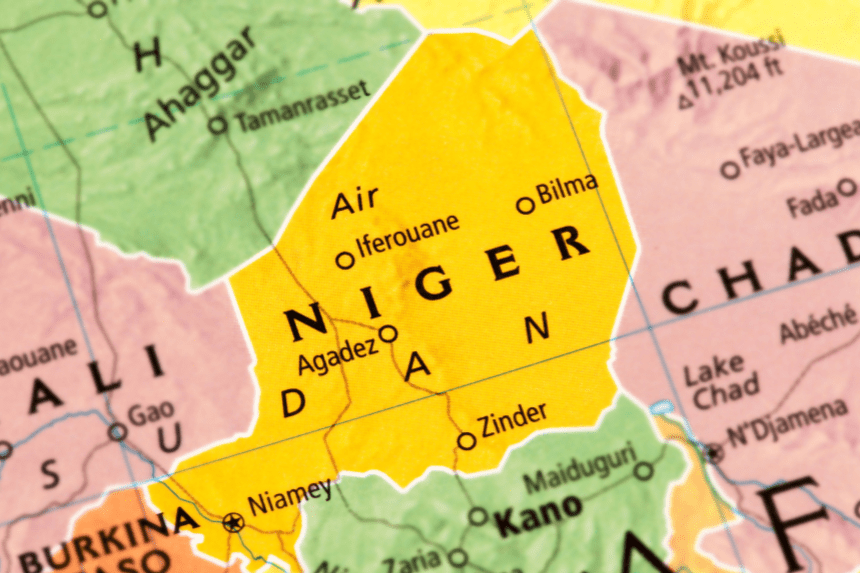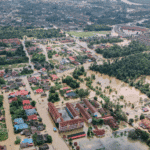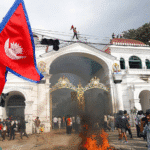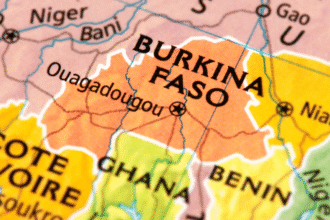According to recent findings by an international human rights organization, more than 120 citizens have been briefly executed in Western Niger since March. The victims were reportedly targeted by the Islamic rebels, who, during a series of brutal attacks in the Tilbury region, during a long-standing hotspot of extremist activity.
One of the most devastating incidents occurred in June, when gunmen stormed a mosque and killed more than 70 people during the evening prayer. The remaining people described the scene as chaotic and frightening, in which the body was piled across the floor. These attacks increase serious concerns about the effectiveness of current military rule efforts to restore peace and protect their citizens.
What Happened in Tillabéri?
Tillabéri, located near Niger’s borders with Mali and Burkina Faso, has endured ongoing jihadist violence for nearly a decade. In recent months, the situation has worsened significantly. Armed groups, allegedly linked to the Islamic State (IS), have executed villagers, destroyed homes, and targeted places of worship.
In one recent attack, militants killed five men and two boys in the Dani Fari area. Witnesses said the bodies were riddled with bullets. Many victims were shot in the back, suggesting they were trying to flee. These attacks are believed to be part of a broader campaign by jihadist groups to impose their strict ideology and control territory through fear. Here is the link to our article on Human Rights Altered.
How Is the Government Responding?
Niger’s military junta came to power in 2023 with a promise to defeat extremist groups and restore security. However, the rising number of attacks indicates that the threat of jihadist violence remains unchecked. Locals in Tillabéri have accused the army of failing to act on warnings and requests for protection.
Despite forming a regional alliance with neighboring Mali and Burkina Faso and shifting security partnerships away from Western nations to countries like Russia and Turkey, the violence has persisted. Critics argue that the new security strategy lacks coordination and rapid response capability, leaving vulnerable communities exposed.
Who Is Behind the Violence?
While no group has officially claimed responsibility for the recent killings, witnesses consistently point to fighters from the Islamic State-affiliated factions. These militants are often identified by their red-banded turbans and coordinated attack strategies.
The groups have not only carried out mass executions but have also destroyed schools and religious buildings. Their actions severely restrict civilian freedoms, often under the guise of enforcing a harsh version of Islamic law. The situation remains volatile, especially in rural areas where state presence is minimal. Here is the link to our article on Earthquake Victims Appeal.
What Are the Humanitarian Impacts?
The toll of jihadist violence goes far beyond the immediate death toll. Thousands have been displaced, livelihoods destroyed, and access to education and healthcare disrupted. Entire communities now live in fear, unsure when or where the next attack will happen.
Children are particularly vulnerable. Many have witnessed unimaginable violence or lost parents and siblings. This trauma adds to the region’s already dire humanitarian situation, with limited aid reaching remote areas due to ongoing insecurity.
Final Thoughts
The increase in jihadi violence in Niger underlines the immediate requirement of widespread and coordinated safety improvements. The cycle of violence will continue without meaningful investment in strong security and community flexibility for citizens. As the situation becomes more complex, international and regional stakeholders should prefer civil security and long-term stability in the Sahel.








